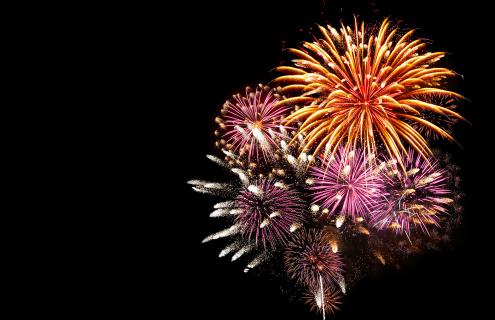
Summer comes with many reasons to celebrate—graduations, family vacations, barbecues, and of course, the Fourth of July. Leaving fireworks to the professionals is the safest way to enjoy fireworks, but for those who are legally able to purchase and use fireworks products where they are allowed, there are important safety guidelines to follow to keep yourself and those around you safe.
The Consumer Product Safety Commission (CPSC) reports that 14,700 people were treated in ERs for firework injuries in 2024 and 11 people died. That marked a steep increase from last year and was in addition to the 1,700 emergency visits from sparklers last year.
“Fireworks can be exciting and enjoyable, but they can also be dangerous. Please make sure you follow these tips to ensure a safe celebration,” New Hampshire State Fire Marshal Sean P. Toomey has warned.
Here are CPSC tips for keeping you—and your family—safe.
Stay Safe This Holiday with CPSC’s Fireworks Safety Tips:
- Never allow young children to play with or ignite fireworks, including sparklers. Sparklers burn at temperatures of about 2,000 degrees Fahrenheit—hot enough to melt some metals.
- Keep a bucket of water or a garden hose handy, in case of fire or other mishap.
- Make sure fireworks are legal in your area, and only purchase and set off fireworks that are labeled for consumer (not professional) use.
- Never use fireworks while impaired by alcohol or drugs.
- Light fireworks one at a time, then move back quickly.
- Never try to re-light or pick up fireworks that have not ignited fully.
- Follow all instructions and warnings on fireworks and never hold them in hand unless instructions specify to do so.